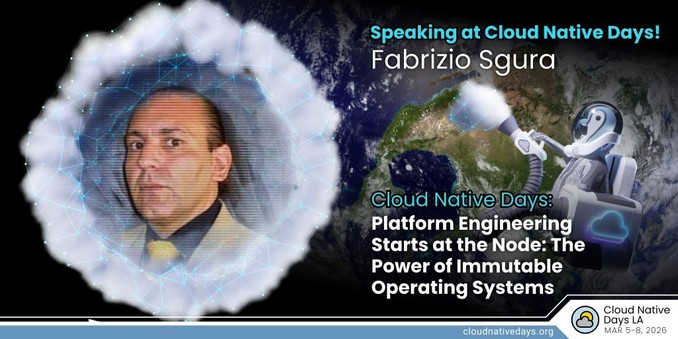Roadmap: Emerging Platforms and Applications of Optical Frequency Combs and Dissipative Solitons
Dmitry Skryabin, Arne Kordts, Richard Zeltner, Ronald Holzwarth, Victor Torres-Company, Tobias Herr, Fuchuan Lei, Qi-Fan Yang, Camille-Sophie Br\`es, John F. Donegan, Hai-Zhong Weng, Delphine Marris-Morini, Adel Bousseksou, Markku Vainio, Thomas Bunel, Matteo Conforti, Arnaud Mussot, Erwan Lucas, Julien Fatome, Yuk Shan Cheng, Derryck T. Reid, Alessia Pasquazi, Marco Peccianti, M. Giudici, M. Marconi, A. Bartolo, N. Vigne, B. Chomet, A. Garnache, G. Beaudoin, I. Sagnes, Richard Burguete, Sarah Hammer, Jonathan Silver
https://arxiv.org/abs/2511.18231 https://arxiv.org/pdf/2511.18231 https://arxiv.org/html/2511.18231
arXiv:2511.18231v1 Announce Type: new
Abstract: The discovery of optical frequency combs (OFCs) has revolutionised science and technology by bridging electronics and photonics, driving major advances in precision measurements, atomic clocks, spectroscopy, telecommunications, and astronomy. However, current OFC systems still require further development to enable broader adoption in fields such as communication, aerospace, defence, and healthcare. There is a growing need for compact, portable OFCs that deliver high output power, robust self-referencing, and application-specific spectral coverage. On the conceptual side, progress toward such systems is hindered by an incomplete understanding of the fundamental principles governing OFC generation in emerging devices and materials, as well as evolving insights into the interplay between soliton and mode-locking effects. This roadmap presents the vision of a diverse group of academic and industry researchers and educators from Europe, along with their collaborators, on the current status and future directions of OFC science. It highlights a multidisciplinary approach that integrates novel physics, engineering innovation, and advanced researcher training. Topics include advances in soliton science as it relates to OFCs, the extension of OFC spectra into the visible and mid-infrared ranges, metrology applications and noise performance of integrated OFC sources, new fibre-based OFC modules, OFC lasers and OFC applications in astronomy.
toXiv_bot_toot





